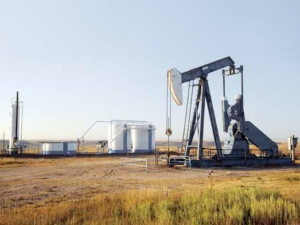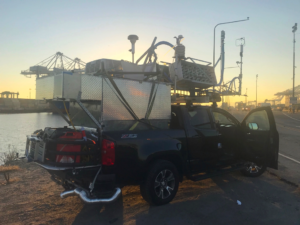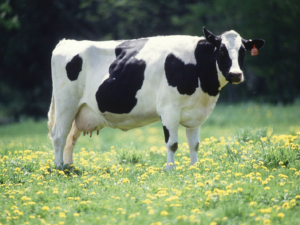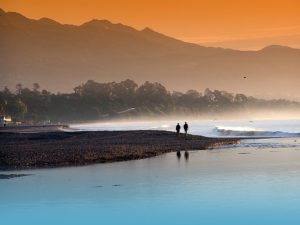13 Nov. 2018. Santa Barbara – A new oil spill consortia is being formed to provide best practice remote sensing data for stakeholders and decision makers to reduce and prevent damage for marine oil. Consortia members will include stakeholders from agency, industry, non-profits.
“SEA-SPIRES will provide unique remote sensing capabilities to consortia members to aid in the fight against oil in the marine environment and reduce its impact on coastal economies, covering the entire disaster cycle – from early detection to response to mitigation and resiliency,” said Dr. Ira Leifer, Bubbleology Research International CEO and SEA-SPIRES founder.
SEA-SPIRES distributed to consortia members timely (actionable) satellite and airborne remote sensing data and analysis, supported by hindcast modeling, to monitor oil releases in the northern Gulf of Mexico, providing timely alerts and airborne mobilization.
The SEA-SPIRES (Satellite and Enhanced Airborne SPIll REmote Sensing) consortia is a partnership led by Bubbleology Research International, Inc. and FotoTerra, Inc., and with TAMU and USF, to provide satellite remote sensing data analysis and follow-on airborne remote sensing data analysis of possible oil spills, respectively. Multiple satellite sensors aid in assessing a target’s oil likelihood score, followed by hindcast and forecast modeling to refine the score, identify possible source(s), map potential impact areas, and to mobilize and guide deployment of Poseidon, a multi-sensor airborne remote sensing laboratory, for confirmation.
“Satellite analysis alerts the remote sensing airplane Poseidon to mobilize and confirm the spill. Poseidon’s on board processing and communication lets us get results to stakeholders and incident command fast – in near real time,” said Alessandro Vagata, of Houston-based Fototerra, and SEA-SPIRES co-founder.
SEA-SPIRES will include representatives from oil spill response organizations (OSROs), agencies (federal, state, local), industry (oil and gas, shipping, fishing), and non-profits (fishing and other associations, environmental groups, and policy makers). SEA-SPIRES will hold quarterly teleconferences to provide status and best practice updates, annual state-of-the-art workshops (open to all), and hold training classes on oil spill remote sensing to educate potential stakeholders of remote sensing applications and their incorporation into the decision-making process.
SEA-SPIRES data analysis also is in collaboration with Steven DiMarco and Zenon Ceta-Medina of Texas A&M, College Station, and Chuanmin Hu of HJ Environmental, Florida
For more information, please contact: Alessandro Vagata alessandro@fototerra-survey.com or Ira Leifer ira.leifer@bubbleology.com.



